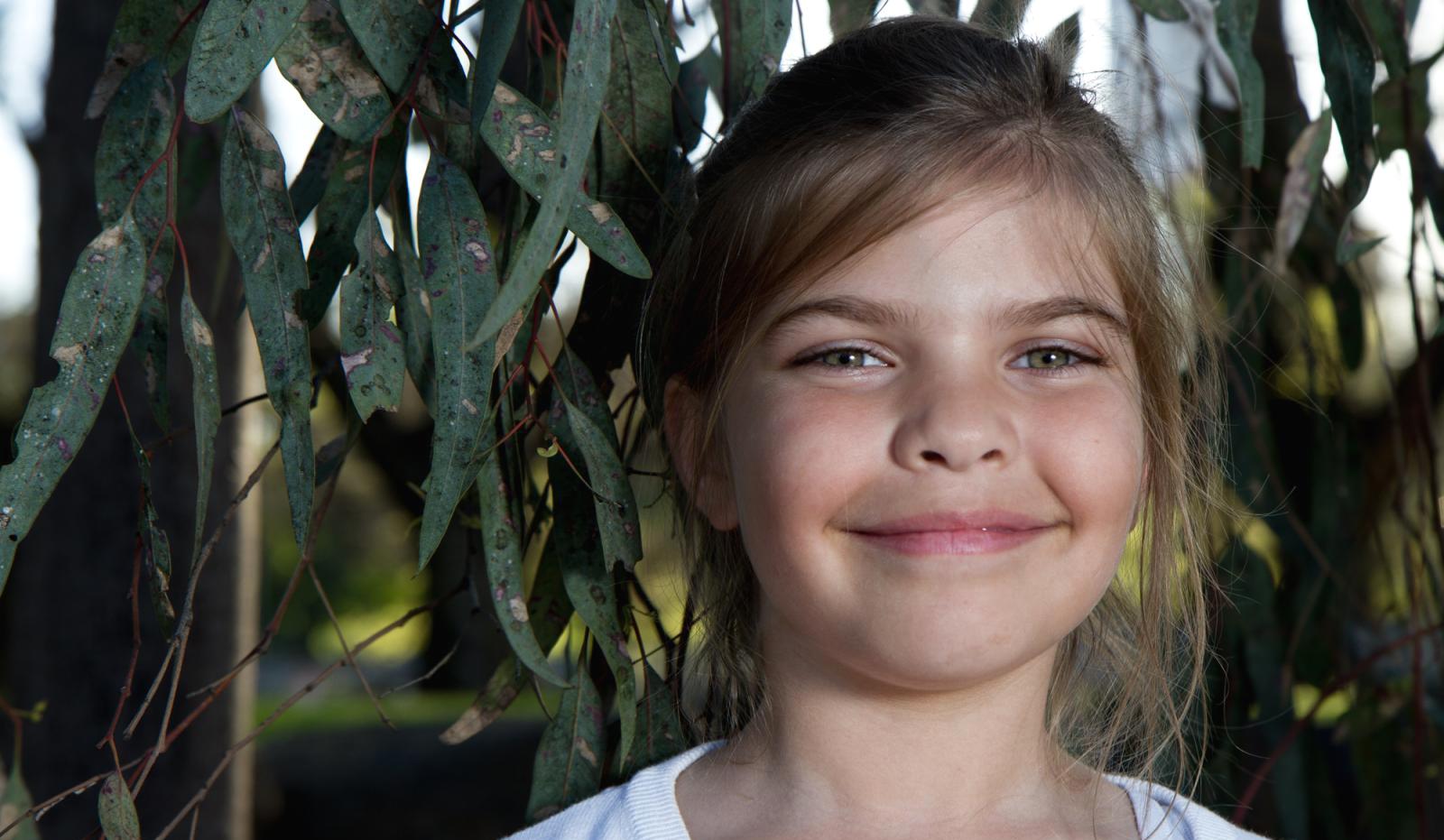Our Strong and Deadly Boorais program supports Aboriginal and Torres Strait Islander school-aged children with a personalised education plan to help them re-engage with education.
Who is it for?
- Aboriginal and Torres Strait Islander young people ages 5 to18 years living in kinship, foster, residential or lead tenant care.
- Disengaged or at risk of disengagement from school.
- Need help with improving their literacy and numeracy skills.
- Attending school or (if not enroled in school) living in north east Melbourne, outer eastern Melbourne and inner Gippsland areas.
How it works
- Each child is allocated a tutor to work alongside them. Every tutor is a qualified and experienced teacher.
- One-on-one tutoring sessions are offered for up to 12 months with a focus placed on literacy and numeracy.
- Our tutors work alongside the school and carers to increase the young person’s sense of belonging within the school setting.
- It begins with a personalised educational plan that is unique to each young person’s learning needs. This includes having flexibility with time and location.
- We provide all-abilities support for young people including those with neurodiverse conditions like autism, dyslexia and ADHD.
- There’s help available to transition into vocational training or pursue other career opportunities.
We have more programs and services to support community.
Locations
-
Street Address
340 Bell Street Preston VIC 3072
Mail AddressPO Box 494 Northcote Plaza
Office HoursMonday to Friday: 9:00am - 5:00pm
Ph: (03) 9287 8800
Fax: (03) 9287 8999
Email: vacca@vacca.org
-
Street Address
1 East Ridge Drive, Chirnside Park VIC 3116
Office Hours
Monday to Friday: 9:00am - 5:00pm
Ph: (03) 8727 0200
-
Street Address
21 Hazelwood Road, Morwell VIC 3840
Office Hours
Monday to Friday: 9:00am - 5:00pm
Mail Address
PO Box 39 Morwell VIC 3840
Ph: (03) 5135 6055


